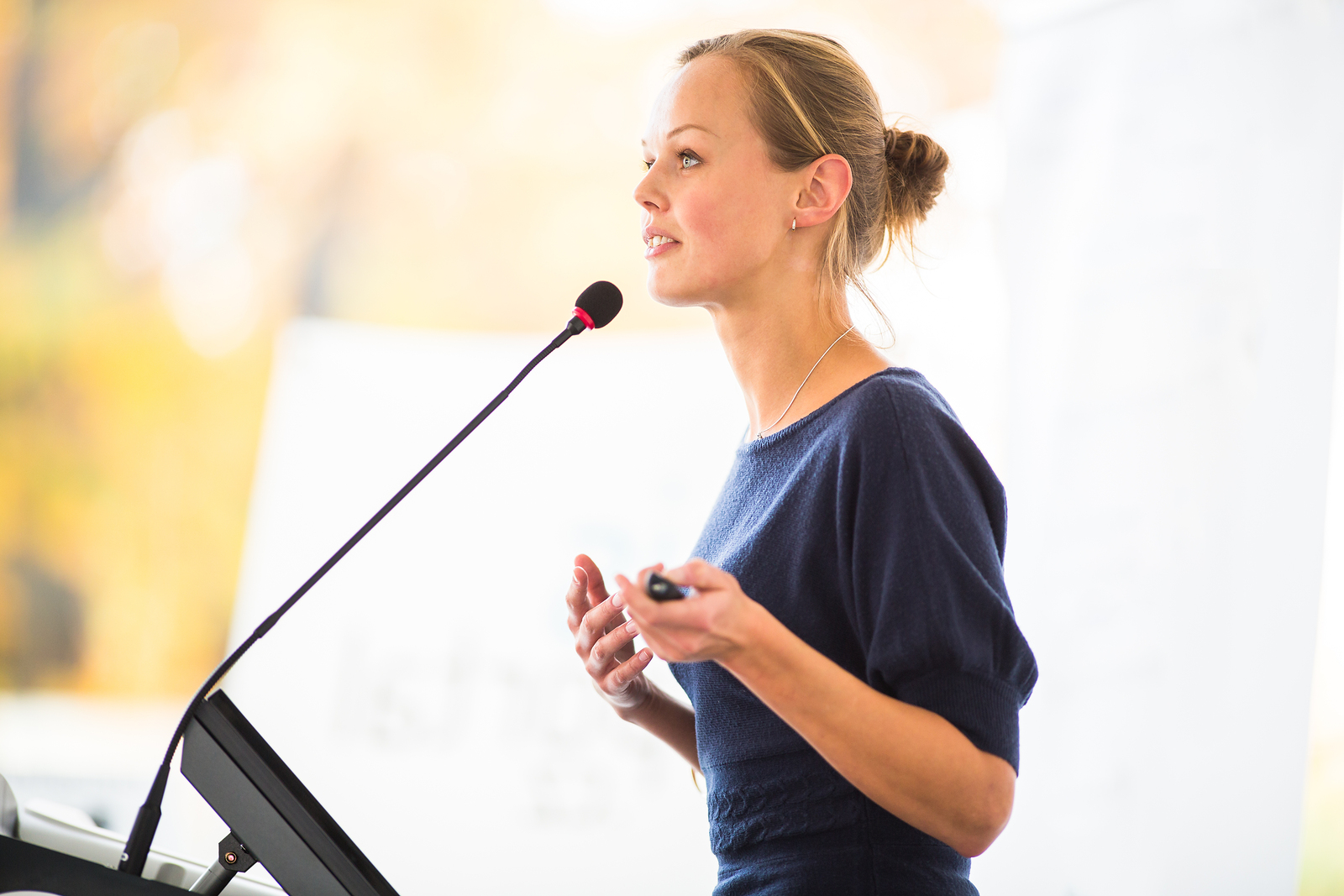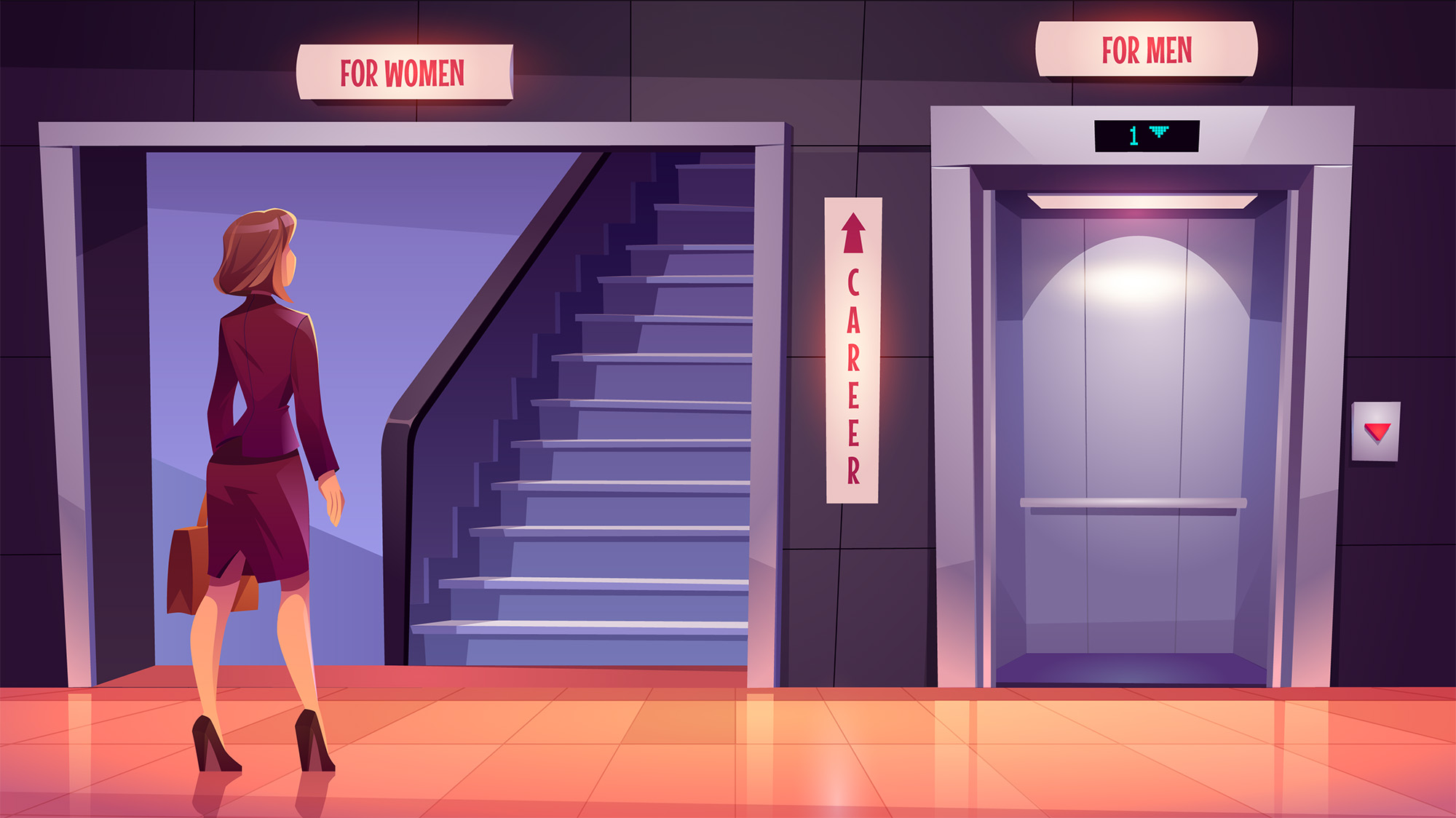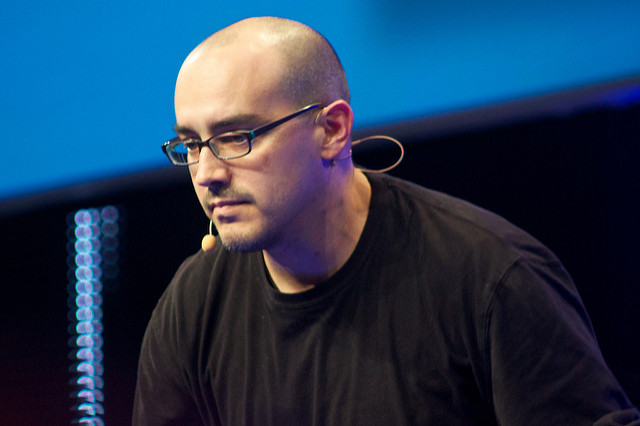Men still outnumber women in tech - what's your theory?
We look at what organisations, including Girls Who Code, are doing to improve things for women in the industry

It's no secret that men vastly outnumber women in the tech industry.
In the UK, only 13 per cent of those employed as programmers or software developers are women, according to the 2015 Women in IT Scorecard published by BCS, The Chartered Institute for IT and the Tech Partnership. Additionally, less than 10 per cent of IT directors are women.
Many believe that the reason for this gender gap can be traced back to childhood. Young girls are not encouraged to pursue careers in technology. They are not provided with the resources that could help them do so.
Could something as simple as ensuring that more girls are taught to code help boost the numbers of women in the tech industry? Judging by the amount of organisations and initiatives currently working to do just that, there are many who think so.
One of these organisations is Girls Who Code, a non-profit based in New York working to close the gender gap in technology. Last month, they released a series of videos satirising stereotypes about why women are underrepresented in the computer technology field. The videos provide "reasons" why girls cannot code, such as "they have boobs", "they menstruate" and "they're beautiful." Each video ends with the same message: "Girls do code. Every other theory is ridiculous."
"There are already a ton of inspirational videos about why girls should code," Reshma Saujani, founder and CEO of Girls Who Code. "We wanted to try something different and use humour and satire to question the stereotypes that tell our girls that coding is not for them. Our hope is these videos will spark a much-needed conversation about the messages we send our young women and what we can do to create a more inclusive, well-rounded image of a programmer."
Other organisations include Black Girls Code, a non-profit based in San Francisco working to empower girls of colour to become innovators in STEM fields, as well as the UK-based Code First: Girls, which has provided over 1.5 million worth of free coding courses to more than 1,500 women in the last three years.
Get the ITPro daily newsletter
Sign up today and you will receive a free copy of our Future Focus 2025 report - the leading guidance on AI, cybersecurity and other IT challenges as per 700+ senior executives
Even Google has created an initiative to get more girls interested in coding. In 2014, they launched Made With Code to provide young girls with a platform to learn computer programming skills. The website is filled with online activities that teach coding. Guided by step-by-step instructions, girls can learn how to make GIFs, customise an avatar, mix music and do much more.
Like the rest of the tech world, Google has a gender gap problem. Women only hold 30 per cent of the jobs at Google. Out of the company's technical employees, only 18 per cent are women. This discrepancy is even worse at Twitter, where the amount of women in tech roles is so low that the company's goal for 2016 is to up the number to 16 per cent.
One thing that might encourage more girls to become interested in pursuing a career in technology is having role models to look up to. Knowing, for example, that Karlie Kloss, an American fashion model and former Victoria's Secret Angel, likes coding might inspire more girls to want to learn. Despite being one of the highest-paid models in the world, Kloss takes time out of her busy schedule to take coding classes at the Flatiron School in New York. She is also passionate about getting other girls interested in coding. Last week, she opened applications for her Kode with Klossy Career Scholarship. One applicant per month will win free access to a nine-month code class to help prepare her for a career in tech.
"Code is going to continue to play a major role in defining our future," Kloss told The Guardian last year. "I think it's crucial that young women learn to code as early as possible to ensure that we as young women have a voice and a stake in what the world looks like."
-
 Should AI PCs be part of your next hardware refresh?
Should AI PCs be part of your next hardware refresh?AI PCs are fast becoming a business staple and a surefire way to future-proof your business
By Bobby Hellard
-
 Westcon-Comstor and Vectra AI launch brace of new channel initiatives
Westcon-Comstor and Vectra AI launch brace of new channel initiativesNews Westcon-Comstor and Vectra AI have announced the launch of two new channel growth initiatives focused on the managed security service provider (MSSP) space and AWS Marketplace.
By Daniel Todd
-
 International Women’s Day: Where now for women in tech?
International Women’s Day: Where now for women in tech?Opinion Women have a long history of making strides in technology, yet recognition – and fair treatment – remain elusive
By Jane McCallion
-
 Awards celebrate 2017's women in tech
Awards celebrate 2017's women in techNews Software engineers, developers, security experts, students and lecturers were all recognised for their achievements
By Clare Hopping
-
 TechWomen50 Awards releases 100-strong shortlist
TechWomen50 Awards releases 100-strong shortlistNews Women in tech shortlist recognises the achievements of techies across Britain
By Joe Curtis
-
 500 Canada 'to kill startup fund after US founder's sexism scandal'
500 Canada 'to kill startup fund after US founder's sexism scandal'News The startup fund's potential investors didn't want Dave McClure involved at all - report
By Zach Marzouk
-
 Startup launches campaign to place 1,000 women in tech by 2020
Startup launches campaign to place 1,000 women in tech by 2020News Structur3dpeople's initiative will help build up the skills of women in tech
By Clare Hopping
-
 Why are women such a problem?
Why are women such a problem?Opinion We’ve reached the end of our spotlight on women in tech month, but why are we even having to talk about this stuff?
By Maggie Holland
-
 Fujitsu workers stage 48-hour strike over gender pay gap
Fujitsu workers stage 48-hour strike over gender pay gapNews 300 Fujitsu employees go on strike in Manchester to protest against jobs, pensions and pay
By Dale Walker
-
 Q&A: Sarah Lewin, Esri UK
Q&A: Sarah Lewin, Esri UKIn-depth How GIS gives women a route into the male-dominated tech sector
By Jane McCallion